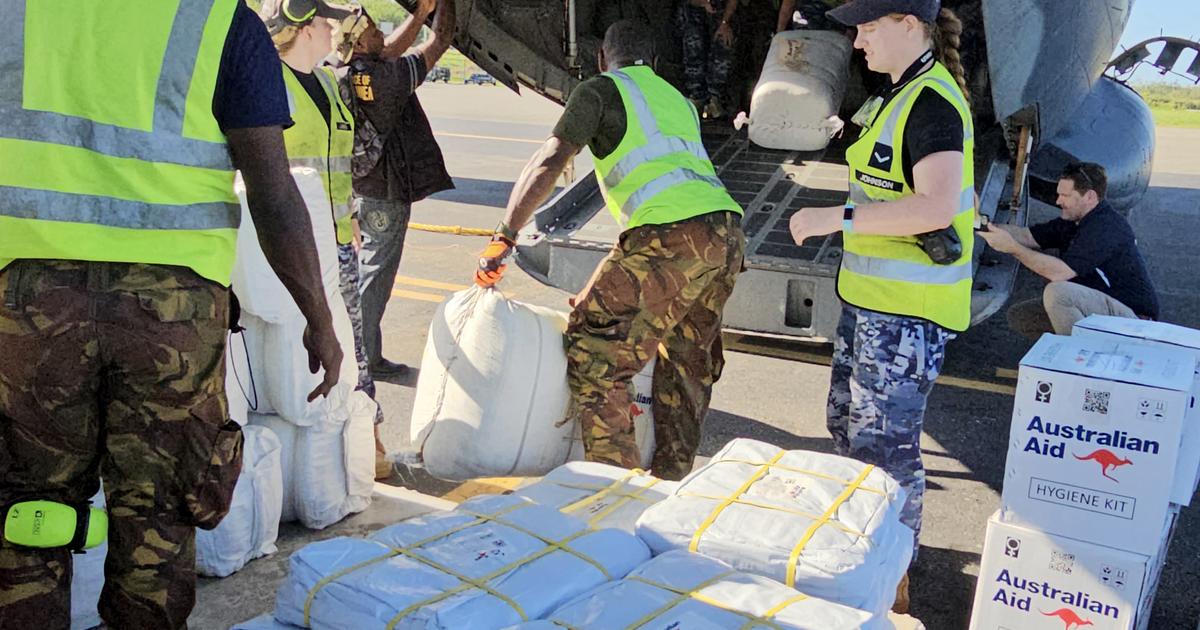Devastating Impact of Landslide in Papua New Guinea
Food and medicine have finally begun arriving at the site of a catastrophic landslide in Papua New Guinea that wiped out an entire village in the Enga province on May 24. As rescuers abandon hope of finding survivors amid the rubble, local residents have started organizing funeral ceremonies, known as 'haus krai,' to mourn the estimated 2,000 people feared buried under the rubble. These ceremonies can last for weeks and serve as both a communal grieving process and a means to honor the deceased.
Relief Efforts and Challenges
Relief operations spearheaded by international organizations such as UNICEF and World Vision are underway, but are hampered by the remoteness of the area, ongoing tribal violence, and landslide-induced damage. UNICEF has begun distributing hygiene kits that include essential items like buckets, cans, and soap. However, more aid is urgently needed, including food, shelter, blankets, and mosquito nets. The site's inaccessibility has complicated efforts, with the main access road being wiped out by the disaster. Additionally, many children have been traumatized, and reports indicate that they have stopped talking due to the horrific ordeal they witnessed.
The United Nations has stressed the urgent need to evacuate thousands of survivors as the land remains unstable, posing risks of further debris avalanches. Máté Bagossy from the United Nations Development Program voiced concerns about possible new landslides, stating that the region remains perilous.
Efforts to unearth the deceased have been painfully slow, with only six bodies recovered so far, despite continuous digging with makeshift tools. Australia and New Zealand have pledged millions in aid to support the disaster-stricken region, highlighting the international community's response.
Psychological support, clean water, medication, and clothing are critically needed for the affected communities. Emotional distress runs high among survivors, with tragic stories surfacing, such as that of Evit Kambu, who lost 18 family members in the landslide. Heavy rainfalls and seismic activity common in Papua New Guinea have exacerbated the situation, with the region recently experiencing a 4.5 magnitude earthquake just days before the landslide.
- Many of the villagers who lost everything in the landslide are reluctant to leave the area, hoping against hope to find their loved ones. The devastation has left the community not only physically but also emotionally shattered. Rituals and customs like the 'haus krai' play a crucial role in helping the community come to terms with their loss.
- Reports from the disaster site paint a bleak picture, with helpers working under extremely hazardous conditions. The landslide has also severely limited access to the affected village, making the transportation of heavy machinery and essential supplies a logistical nightmare.
- Following the immediate rescue efforts, humanitarian organizations are shifting towards longer-term relief and recovery plans. This includes not only providing basic necessities but also mental health support to aid in emotional recovery.






